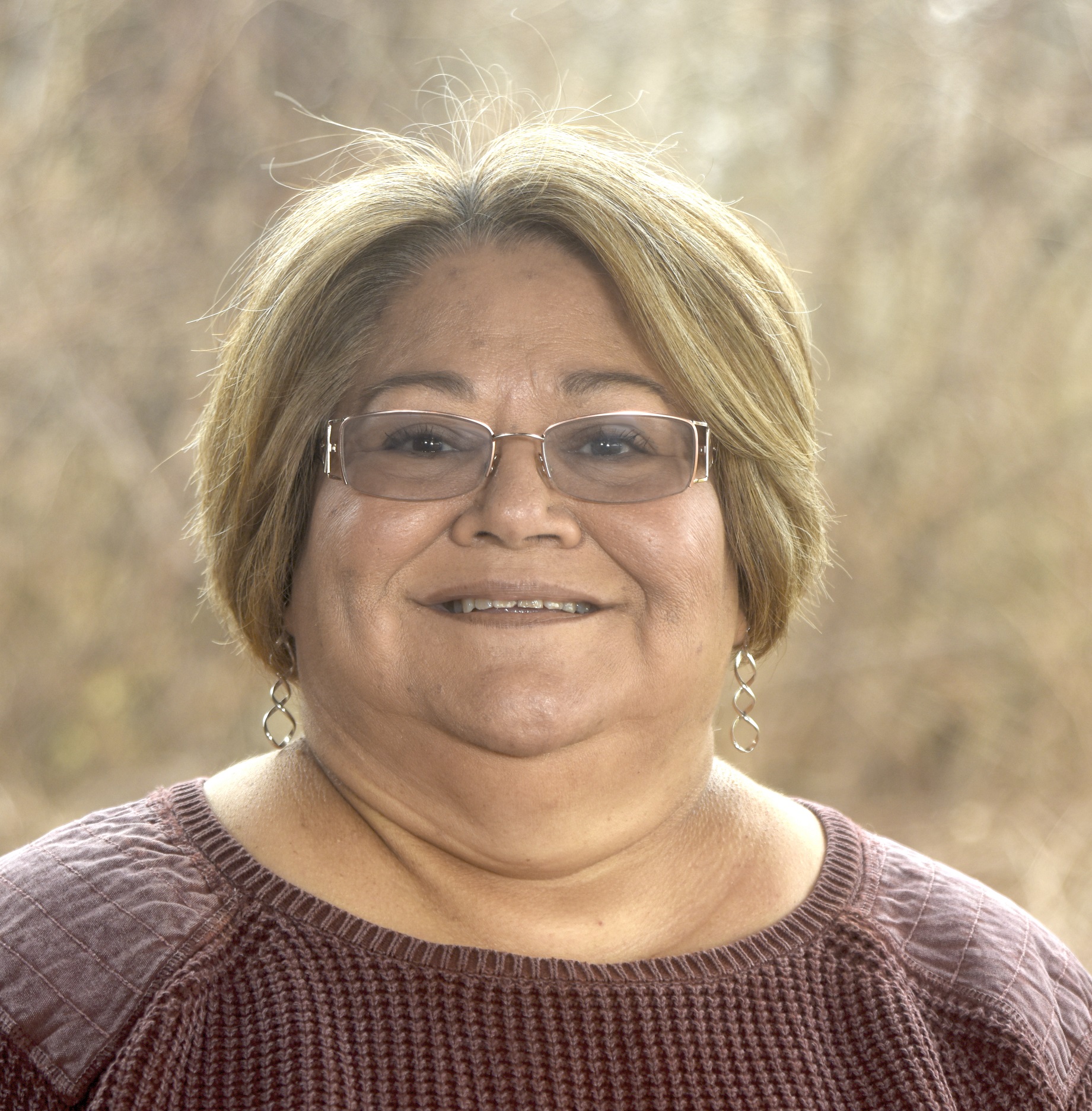 The Future Church Summit (FCS) will take place July 6-8, at the Mennonite Church USA convention in Orlando. It will be a generative, open space for denomination-wide conversation — to dream together, reset priorities and engage one another in answering the question: How will we follow Jesus as Anabaptists in the 21st century? Leading up to the summit we invite you to reflect on our shared history, what being Anabaptist means for you and your hopes for the Future Church Summit.
The Future Church Summit (FCS) will take place July 6-8, at the Mennonite Church USA convention in Orlando. It will be a generative, open space for denomination-wide conversation — to dream together, reset priorities and engage one another in answering the question: How will we follow Jesus as Anabaptists in the 21st century? Leading up to the summit we invite you to reflect on our shared history, what being Anabaptist means for you and your hopes for the Future Church Summit.
Iris de León-Hartshorn is director of Transformational Peacemaking for Mennonite Church USA and a member of the design team for the Future Church Summit.
“…explore the moral imagination as the capacity to imagine something rooted in the challenges of the real world yet capable of giving birth to that which does not yet exist.”
— John Paul Lederach, The Moral Imagination
In his book, Lederach refers to Romans 8:22, “We know that the whole creation has been groaning in labor pains until now,” encouraging us to be open to the unexpected and finding the doors that open up to something we could not have imagined alone.
The Future Church Summit for me is about encountering God in the unexpected and finding a way forward for the church.
As a member of the Theme Team for the summit, I’ll be gathering the dreams, ideas and passions of the 700-1,000 people attending the summit. A few weeks ago, we did a trial run of the FCS with the Constituency Leaders Council, and I can’t explain the excitement that I experienced as I listened to people engaging with each other, telling their stories and dreams for the church. Their ideas and dreams started to trickle into the Theme Team. And then the pace started to pick up, and we were off and running. I can’t even tell you the excitement I felt just reading what people were sharing. As our team of six began to work at discerning recurring themes, we started to see places of unexpected concurrence, and I could feel God’s spirit among us.
I have been working as a facilitator for many years, and I’d be the first to tell you no process is perfect, but I believe God is calling us to be faithful and open to a path that we may not be able to yet imagine. I find hope and anticipate God’s wonder in the midst of our human messiness. It might be difficult to allow ourselves to let go of our preconceived ideas and dream together. But we have a choice to make: we can enter this process in fear that we might lose, or we can enter with our imaginations open to see the realities of our challenges while being open to something we have not yet seen. I pray we choose a posture of openness to God’s spirit and are willing to enter into the summit with expectation and wonder.
 Our hope is that we will have many places of engagement to hear from youth and the many people attending Orlando. I want to encourage you: when you find places to engage in the Future Church Summit, do it. The more dreams, ideas and passion we are able to gather, the fuller picture we can create of where God is moving us.
Our hope is that we will have many places of engagement to hear from youth and the many people attending Orlando. I want to encourage you: when you find places to engage in the Future Church Summit, do it. The more dreams, ideas and passion we are able to gather, the fuller picture we can create of where God is moving us.
We find ourselves at a crossroads — both within our church and with our current culture in the world. Division is a matter of fact, but there has developed a culture of encouraging division among people and groups of people. Many institutions are fragile and that includes the Christian church.
We, as part of the communion of Christians, will need to make choices that help shape another narrative — a narrative of hope, love and our commitment in following Jesus. And in our world’s present culture this narrative is going counter to what we are being told.
We are at a place where we need to seek God deeply, listen to each other in love, and be open to follow Jesus in unexpected ways. The Future Church Summit process is one way for us to engage in birthing something different that we desperately need. It is on the verge of being revealed if we are open to see it.

